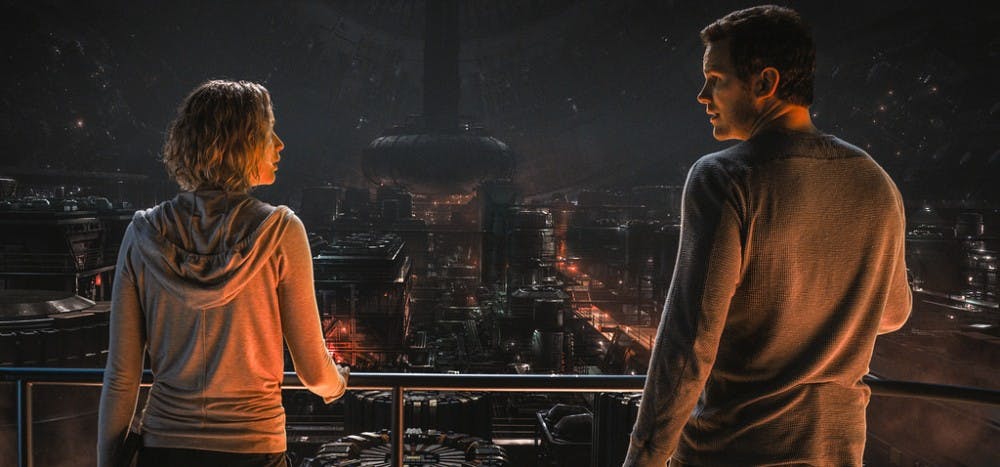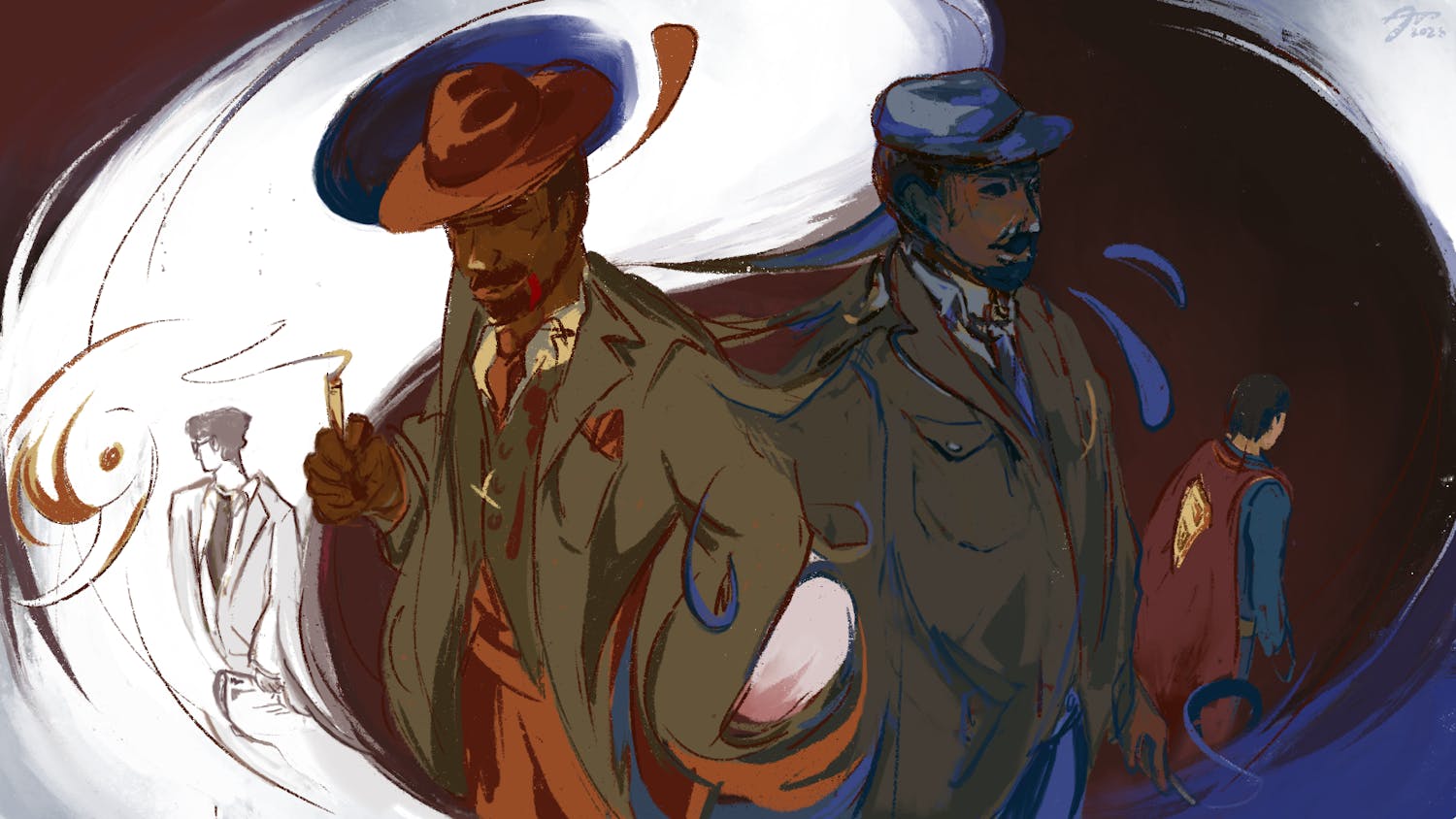I'm embarrassed to think about how many hours I spent as a young girl watching my brother play video games. As the young sister that followed my brother wherever he went, I was often led to his Xbox. There he would live out his fascination with Star Wars, flying spaceships, shooting aliens and battling with a lightsaber. My brother seemed to always choose the same character and follow the same series of events, while I, reclined on the couch, saw endless possibilities to pursue. But my brother never allowed me to take the controller.
I have developed the same relationship with Hollywood and science fiction films. I love the genre for its ability to incorporate technology and action scenes with questions of science, human nature and the future. But as more and more films come out, I have little interest to see the next flick about space travel or aliens landing on earth. They all seem the same. For a genre about the unknown and limitless universe, I yearn for more creativity and originality.
Repetition shortchanges us. The Martian and Interstellar are each fantastic films alone, but, put side by side, they have too many similarities. In each one, you see high hopes for space exploration crumble with the destruction of their spacecraft, and the male protagonist turns into the MacGyver of outer space. The fact that Matt Damon and Jessica Chastain play the stranded astronaut and wise scientist, respectively, in both flicks must either mean the actors are so good at their roles or casting directors are lazy in screening.
Consider Gravity. Does it rely on anything more than debris and gravity screwing up Sandra Bullock and George Clooney’s mission?
Christopher Donovan, who teaches about science fiction cinema at Penn, explained that the genre has been exploring the question of where science may take us since Mary Shelley’s Frankenstein in 1818. Over the years, it has advanced with technology and has reflected current events. The year before America reached the moon in 1969, 2001: A Space Odyssey hit theaters, fascinating viewers with a depiction of space travel. Though the nation has slowed their race to space, Donovan looks at recent movies like The Martian, Interstellar, Gravity and Tomorrowland and sees optimism about space travel.
“I think these films are trying to rekindle an interest in space. They are nostalgic for the national identity that comes from space travel,” Donovan said. “Landing on the moon was a great accomplishment. People may miss that.”
Mark Devlin, professor of astronomy and astrophysics, echoed this hope that these films could spark interest in the scientific field. He commends recent films like Gravity, The Martian and Interstellar for making an effort to be scientifically sound, but each of them messes up at least one small or large detail.
“For a professor, these films can be pretty painful to watch when they get the science wrong,” Devlin said. “They pay lip service to get it right, but in some ways, they do it all wrong.”
Besides the science, Donovan said the genre is behind in other areas as well. As seen in the entertainment industry at large, there is an absence of female directors making science fiction films. In a 2016 study by USC Annenberg, researchers found that out of 305 scripted series and 109 motion pictures, only 15.2 percent of directors were female.
This may be one reason gender stereotypes pervade the films, like how lead females often only are robots or the male’s memory of a woman, as seen in Ex Machina or Her. Last year’s acclaimed Arrival provides a refreshing break from the norm, with Amy Adams starring as a linguist tasked with figuring out alien code to save Earth. Taking out gender, however, this seems like another “aliens arrive, everyday scientist comes to the rescue” flick.
“Studios like to back what already works,” Donovan said. “It’s hard to do something bold.”
That’s why when I saw the trailer for Passengers, I felt like I was watching a mashup of all the tropes. A mission to inhabit another planet gone wrong. Life on a cool spaceship. A female character falling victim to male attraction. Deception leads to the big plot twist in the film, but deception should not surprise in the genre. In Interstellar, Joseph Cooper was deceived that there was a Plan A. In Extant, Molly Woods is deceived into becoming pregnant with an extraterrestrial. Heck, even in the classic Ender’s Game, the huge conflict is that Ender was wrong to think he was only playing a game.
Watching the trailer for Life, which comes out March 24, was even more torturous. Yes, we can see from the beaming grins and fun flips that the crew is so optimistic about what they will discover on Mars. But wait, that life form that comes back with them could be dangerous? It doesn’t want to be friends? Shocker.
“Creating life [narrative] has been done to death, but it seems to be a natural progression. It’s one of the last things as a human race we haven’t done yet,” Donovan said. “As we make significant advances in artificial intelligence, there is renewed interest in this idea of playing God.”
I get that things need to go wrong in the plot to create drama. I get that we have yet to answer the questions of where else could humans live and what else is living out there. I just don’t get why the action has to be limited in playing out on a spaceship or on a barren planet where the protagonist spends most of their time talking to a webcam in a station. The galaxy is infinite. I crave some more imagination.







